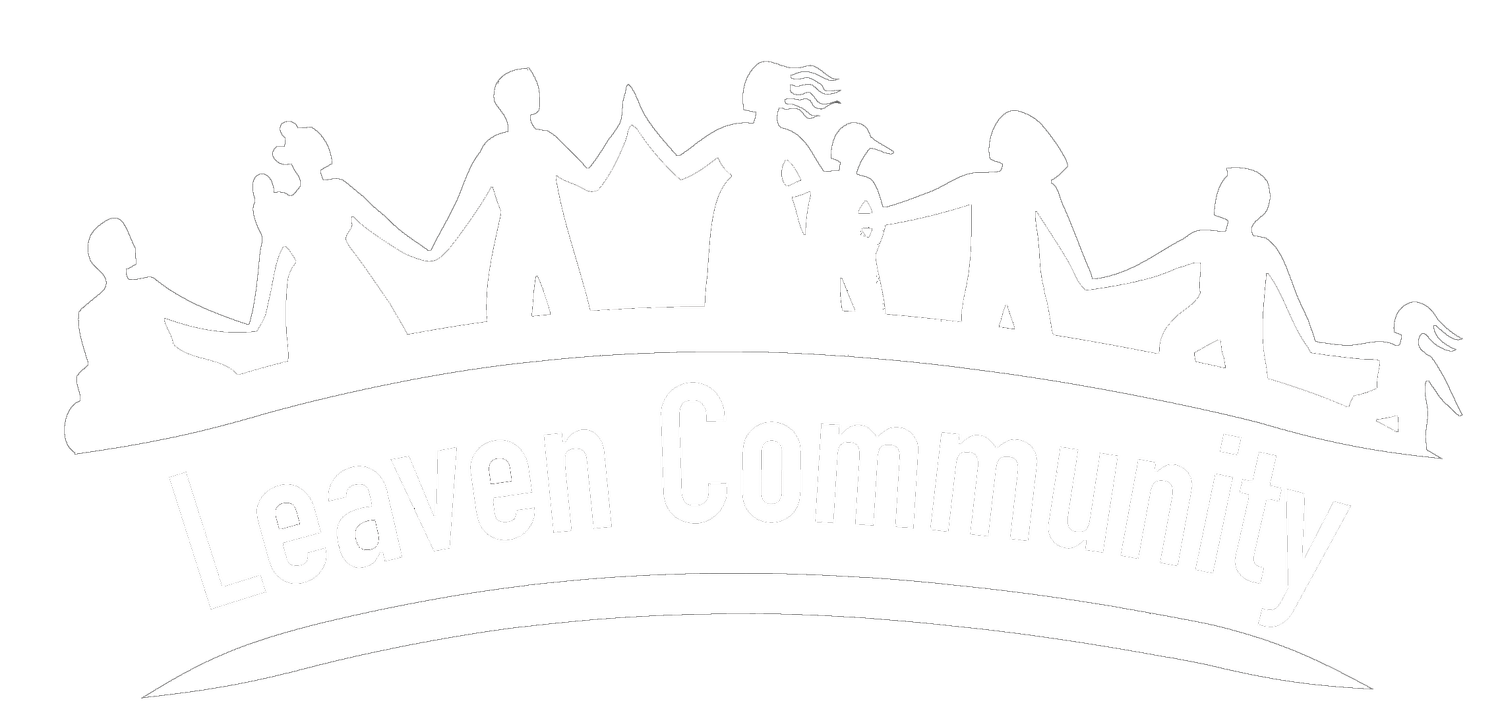Discussion Facilitator: Rosemary Brown. April 13, 2019.
A couple of weeks ago, in Bruce's talk on meditation practice, I was struck by the piece in his reading that encouraged meditators to focus on thoughts as they arose rather than to bring their attention back to the breath or some single point of focus.
I usually see the invasion of thought as a mindfulness error to be corrected. Though, even knowing this, if I am particularly troubled and weakened by stress, I unapologetically indulge my thoughts, which usually consist of problem-solving and planning.
So, I listened to Joseph's Goldstein's talk on Investigation,[1] which is the second of the Seven Factors of Awakening. But, this isn't just any old investigation. Fundamental to this type of investigation or discernment is the wisdom of the three universal characteristics of impermanence, suffering and non-self.
So, as thoughts arise, this factor asks us to explore the roots of thought in terms of the teachings. Not so easy. It requires tremendous honesty and courage. It requires investigating our motivations.
For instance, I ask why I meditate, or more specifically why I come to this group. Is it to achieve a state of bodhicitta (a wish to awaken for the benefit of all beings)? That's pretty lofty and out of my reach right now. Is it to be free of painful emotions? Yes. Is it to have a place to belong? Nothing wrong with that. Is it to boost self-esteem through the varnish of a spiritual practice? That one might not hold up too well under this kind of investigation.
Confession: self esteem – the question of what gives me meaning –has been figuring pretty heavily in my recent struggles.
In his talk, Joseph interestingly reviewed Buddhist theories of personality types: habits of thinking, behaving and feeling that we identify with and that cage us. The good news is that through the concept of impermanence, we can rattle that cage. That's about as far as I've gotten. Rattle, rattle.
This brings me to my recent investigation. I've been pretty bogged down in negative emotion arising from a clinging to a very old behavior pattern. Caregiving. Not the soft and cuddly version, but the rescuing warrior version.
Throughout my life, this quality has been critical to giving me a sense of meaning – or importance. Give me the suicidal kids. I got this! It has also offered me the illusion of power that can protect me from my own vulnerability. I can suffer the insufferable. I can tolerate the intolerable.
Over the last few months, I've been challenged by a friend's pretty serious medical condition. I've been the key support person, the communicator and coordinator, and have become pretty exhausted, questioning the value of what I'm doing, and, quite frankly, my motivation.
Person after person has praised me with the same word: angel. “You've been an angel”. This is hardly a personality characteristic (or habit) I label myself with. I'm not the angelic type. Uncomfortable, I've been quick to correct them (feeling guilt at my budding resentment), reframing it as my illness - partly because I wanted their compassion more than their admiration, speaking of motivation. I used to do anything for admiration, but I'm wearing down – or in the words of my illusory self, “weakening.”
Compassion fatigue is a big topic in the caregiving world. And, since compassion is a key element in the dhamma, I wonder if compassion fatigue is even possible. Isn't it a means of liberation? A way of letting go of the self? How can that wear you out?
What I came up with in my investigation is that the fatigue comes not from compassion, but from a lack of it. It comes from extreme empathy unaccompanied by compassion. Though compassion requires empathy, empathy without compassion can be draining and lead to resentment.
So, I feel my friend's every emotion (as she narrates her internal states continuously). My blood pressure rises with hers. I feel the symptoms of a stroke, the aura of migraine. And, all I want is to run from her as fast as I can. But, I have a bad knee, and a clinging need for heroism. So, I persist.
The solution to all this, according to Goldstein, is developing a sense of non-self, which requires really understanding impermanence. As Joseph says, without a self, there's nowhere for the arrow to land.
I've got my work cut out for me. This is truly not about me, nor is it about my friend. It's about suffering. It's about moving away from the habits of an artificial self. It's hard.
Notes to self:
Empathy: inhabiting the skin of another – precedes, and is a lousy substitute for, compassion. This is easy, but pricey.
Compassion: unattached and deep caring for suffering beings, including oneself. Unbridled empathy can undermine it.
Bodhicitta: awakening for the benefit of all beings. Unlikely I'll ever get there (an optimistic way of putting it).

